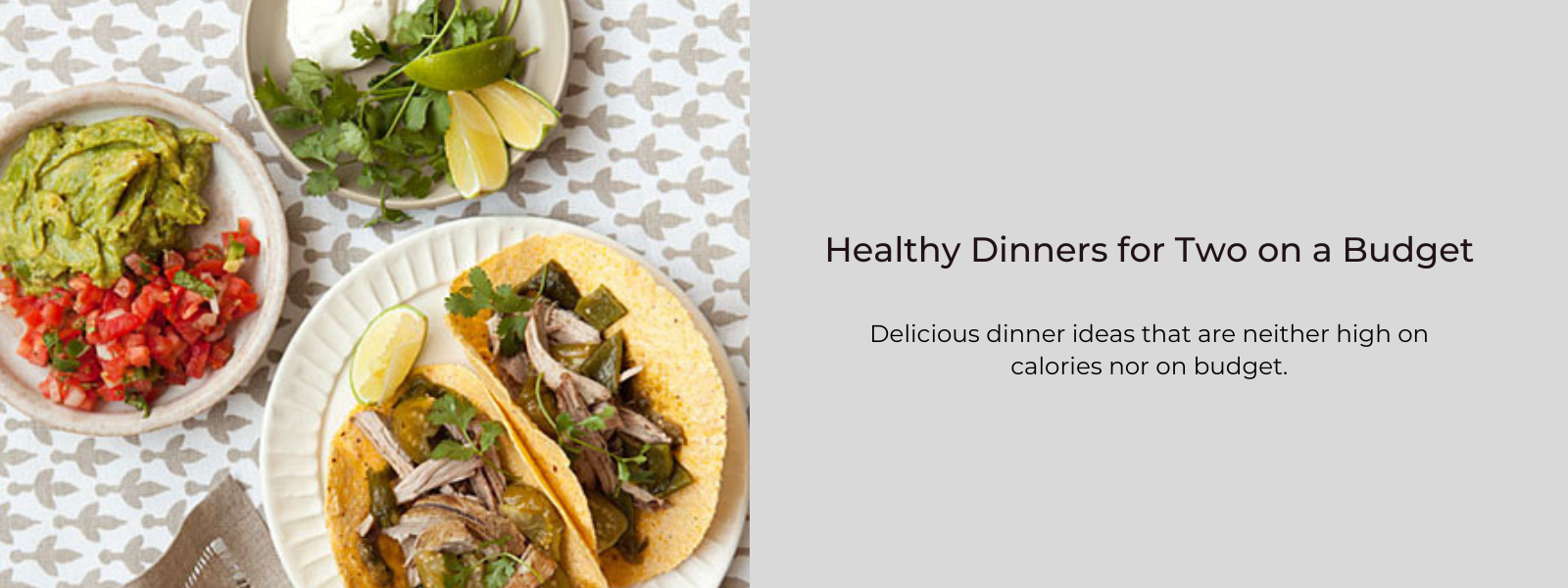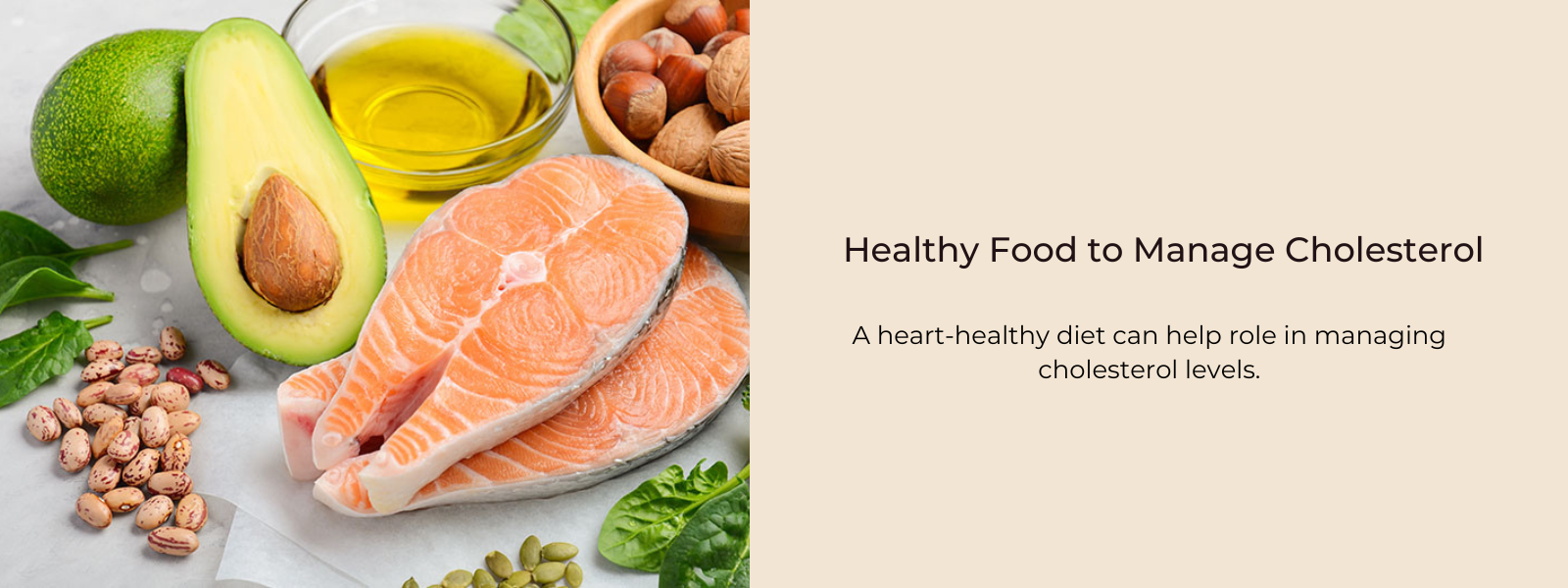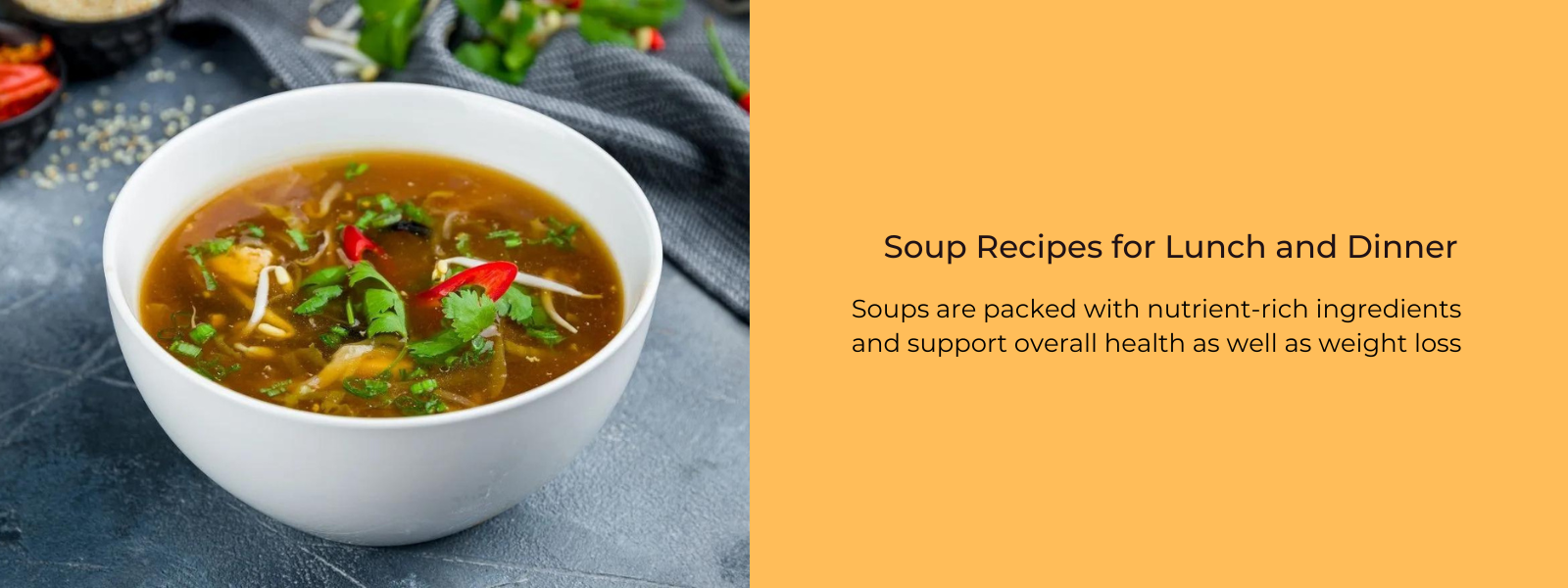By prioritizing healthy dinner recipes, you're investing in your overall health and ensuring that you're providing your body with the nutrients it needs to thrive. It's a proactive step towards long-term well-being and vitality. Including a variety of vegetables, lean proteins, whole grains, and healthy fats in your dinner can provide essential vitamins, minerals, fiber, and protein that your body needs for optimal functioning.
Table of Contents
Why is Dinner an Important Meal?
Dinner is often considered an important meal to prioritize for healthy eating due to the following reasons:
- Last Meal of the Day: Dinner is typically the last meal before bedtime, which means it provides the nutrients your body will use for an extended period of rest and recovery. Choosing a healthy dinner ensures that you're fueling your body with the necessary nutrients to support overnight processes such as muscle repair, hormone regulation, and cellular rejuvenation.
- Opportunity for Nutrient Replenishment: Throughout the day, you may have had various meals and snacks, and dinner provides an opportunity to replenish any nutrients you may have missed earlier.
- Better Control Over Food Choices: Dinner is often a meal that people have more control over, compared to breakfast or lunch which may be consumed on-the-go or at work/school. This increased control allows for more mindful food choices, giving you the opportunity to select nutrient-dense ingredients and prepare a well-balanced meal.
- Family and Social Connection: Dinner is a time when family members or friends often gather to share a meal. By prioritizing healthy eating during dinner, you can set an example for your loved ones and create a positive environment for making nutritious choices together. It promotes a sense of togetherness and encourages a shared commitment to overall health.
Significance of Healthy Dinner Recipes
Eating healthy dinner is highly significant for numerous reasons:
- Nutrient Supply: Healthy food provides essential nutrients, including vitamins, minerals, protein, carbohydrates, and healthy fats that your body needs to function properly. These nutrients support various bodily functions such as energy production, immune function, metabolism, brain health, and tissue repair.
- Disease Prevention: A healthy diet plays a crucial role in preventing chronic diseases. Research has consistently shown that a diet rich in fruits, vegetables, whole grains, lean proteins, and healthy fats can help reduce the risk of conditions like heart disease, stroke, type 2 diabetes, certain cancers, and obesity.
- Weight Management: Eating a healthy diet can assist in maintaining a healthy weight or achieving weight loss goals. Nutrient-dense foods are generally lower in calories and higher in fiber, which can help you feel full and satisfied while supporting weight management efforts.
- Energy and Vitality: Healthy food provides the fuel your body needs for sustained energy levels and overall vitality. Nutrient-rich foods help stabilize blood sugar levels, providing a steady release of energy throughout the day. By fueling your body properly, you can feel more energized, focused, and productive.
- Mental Well-being: Research suggests a strong connection between diet and mental health. A healthy diet, including foods rich in omega-3 fatty acids, antioxidants, and B vitamins, can support brain health and contribute to improved mood, reduced risk of depression, and enhanced cognitive function.
- Strong Immune System: A well-balanced and nutrient-rich diet is vital for a robust immune system. Certain nutrients, such as vitamins A, C, D, E, zinc, and selenium, play key roles in supporting immune function, helping your body fight off infections, and promoting overall health and well-being.
- Improved Digestive Health: Healthy food choices, including fiber-rich fruits, vegetables, whole grains, and probiotic-rich foods, support a healthy digestive system. These foods promote regular bowel movements, maintain gut health, and reduce the risk of gastrointestinal issues such as constipation, bloating, and digestive disorders.
- Environmental Sustainability: Eating a healthy diet can also have positive implications for the environment. Choosing plant-based options, reducing food waste, and supporting sustainable farming practices can help reduce the carbon footprint and promote a more sustainable food system.
Is Skipping Dinner a Smart Idea?
Skipping dinner is not generally recommended as a regular practice for most individuals. Here are a few considerations to keep in mind:
- Nutrient Intake: Skipping dinner can result in a significant reduction in nutrient intake, as it eliminates a mealtime opportunity to consume essential nutrients your body needs for energy, metabolism, and overall health. Regularly skipping dinner may lead to nutrient deficiencies over time.
- Blood Sugar Management: Eating regular, balanced meals helps stabilize blood sugar levels throughout the day. Skipping dinner can disrupt this balance, potentially leading to fluctuations in blood sugar levels, which can negatively impact energy levels, mood, and concentration.
- Hunger and Overeating: Skipping dinner may result in increased hunger later in the evening, leading to a higher likelihood of consuming unhealthy or excessive amounts of food during nighttime snacking. This can be counterproductive for weight management goals and overall health.
- Disrupted Eating Patterns: Consistent meal patterns and regular eating times can help maintain a healthy metabolism and support overall digestive health. By skipping dinner, you may disrupt these patterns, potentially affecting your body's natural rhythm and digestion.
Can you eat Fruits and Salads During Dinner?
Including fruits and salads in your dinner can be a nutritious choice and contribute to a well-balanced meal. Here are some reasons why it can be a good idea:
- Nutrient Density: Fruits and salads are typically rich in vitamins, minerals, and antioxidants. Adding them to your dinner can enhance the overall nutrient density of your meal, providing essential nutrients that support various bodily functions and promote overall health.
- Fiber Content: Fruits and salads are often high in dietary fiber, which can aid digestion, promote feelings of fullness, and support healthy bowel movements. Including fiber-rich foods in your dinner can contribute to a balanced diet and help maintain optimal digestive health.
- Hydration: Many fruits and vegetables have high water content, which can contribute to hydration. Consuming hydrating foods, especially during dinner, can be beneficial, as it supports overall hydration levels and helps maintain healthy bodily functions.
- Low-Calorie Option: Fruits and salads are generally low in calories but high in volume due to their high water and fiber content. Including them in your dinner can help increase the volume of your meal without significantly increasing the calorie content, which can be helpful for weight management or portion control.
- Variety and Flavor: Fruits and salads add color, texture, and flavor to your dinner plate. They can make your meal more visually appealing and enjoyable, enhancing the overall dining experience.
Healthy Dinner Recipes
Here are a few healthy vegetarian dinner recipes for you to try:
A. Quinoa Stuffed Bell Peppers:
- Cut the tops off bell peppers and remove the seeds.
- In a bowl, mix cooked quinoa, diced vegetables (such as zucchini, carrots, and corn), black beans, chopped herbs (like parsley or cilantro), and your choice of spices.
- Stuff the bell peppers with the quinoa mixture and place them in a baking dish.
- Bake in the oven until the peppers are tender and the filling is heated through.
- Serve as a delicious and nutritious vegetarian dinner option.
B. Lentil Curry with Brown Rice:
- Sauté diced onions, garlic, and ginger in a pan with olive oil.
- Add spices like cumin, turmeric, coriander, and curry powder, and cook for a minute.
- Add red lentils and vegetable broth, and simmer until the lentils are cooked and tender.
- Stir in coconut milk and chopped vegetables (such as spinach or bell peppers) and cook until the vegetables are tender.
- Serve the lentil curry over cooked brown rice for a satisfying and protein-packed vegetarian dinner.
C. Caprese Stuffed Portobello Mushrooms:
- Remove the stems from portobello mushrooms and scoop out the gills.
- In a bowl, combine diced tomatoes, mozzarella cheese, chopped fresh basil, minced garlic, salt, and pepper.
- Fill the portobello mushrooms with the tomato and cheese mixture.
- Place the stuffed mushrooms on a baking sheet and bake in the oven until the mushrooms are tender and the cheese is melted and bubbly.
- Serve the stuffed mushrooms as a delicious and light vegetarian dinner option.
- Sauté sliced bell peppers, snow peas, carrots, and diced onions in a pan with olive oil.
- Add peeled and deveined shrimp to the pan and cook until they turn pink and opaque.
- Season with soy sauce, minced garlic, ginger, and a pinch of red pepper flakes for some heat.
- Serve the shrimp stir-fry over cooked brown rice for a quick and healthy non-vegetarian dinner option.
E. Turkey Meatballs with Spaghetti Squash:
- Mix ground turkey with breadcrumbs, minced garlic, grated Parmesan cheese, chopped parsley, salt, and pepper.
- Shape the mixture into meatballs and bake them in the oven until they are cooked through.
- Use a fork to scrape out the flesh of a roasted spaghetti squash, creating spaghetti-like strands.
- Top the spaghetti squash with marinara sauce and the turkey meatballs.
- Garnish with additional grated Parmesan cheese and chopped parsley before serving.













Leave a comment